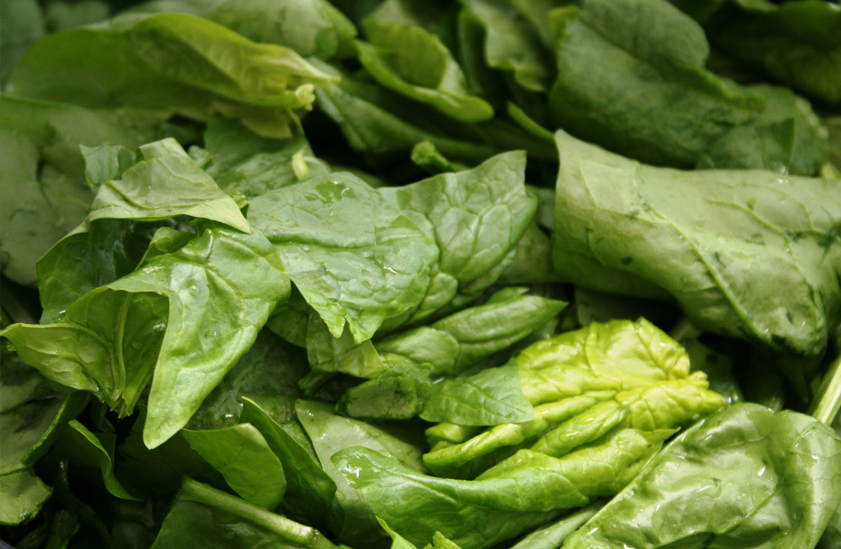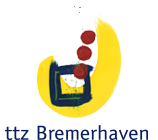
Development of a software tool for prediction of ready-to-eat food product shelf life, quality and safety

Funding:
7th Framework Programme of the European Commission (Collaborative)
Project Duration:
01.02.2012 – 31.01.2015
Project Manager:
Caroline Hennigs , Christine Jewan
Homepage:
The SOPHY project aims to develop a web-based software tool for prediction of product safety, quality and shelf life of ready-to-eat products. Fresh cut salads and deli salads were chosen as model food system. Food producers will be able to optimise their raw material selection, product formulation and processing steps virtually.
The software estimates the effect of each production step on the safety (growth or survival of relevant pathogens) and shelf life (growth of specific spoilage organisms and/or formation of undesirable by-products) while considering quality (organoleptic characteristics and other quality parameters). The predictive and probabilistic models are based on existing data sets of bacterial growth and quality changes under various conditions generated during previous studies (where available) and data generated during the project. Users will also have the possibility to insert own data, e.g. initial bacterial contamination. The web-based software can be continuously expanded – even after project end – by inserting new data sets (e.g. other food products, different environmental conditions, etc.).
Furthermore, the project aims not only to develop predictive and probabilistic models, but also to compile information about different processing techniques, product formulations (e.g. clean label), environmental conditions (e.g. modified atmosphere packaging) as well as hygiene, quality and safety management. These information sheets aim to educate food producers, as they should not only see the effect of different factors on shelf life and pathogen growth calculated by the models, but also understand why. This increased awareness is crucial in improving overall food safety and quality. Information of this nature is essential for small businesses with limited technical resources.
Project Partners: National Technical University of Athens, Greece; Agricultural University Athens, Greece; Campden BRI, United Kingdom; University of Birmingham, United Kingdom; Chainfood B.V., Netherlands; Neue Mayo Feinkost GmbH , Germany; C.E. Kalamarakis – Kalas S.A., Greece; Bryan Salads Ltd., United Kingdom; Biozoon Food Innovations GmbH , Germany.
Further information on this project:



